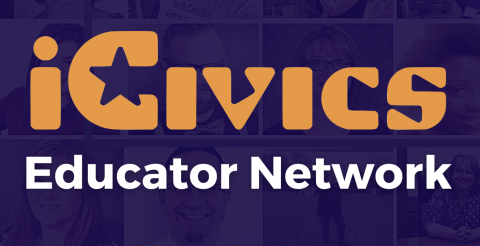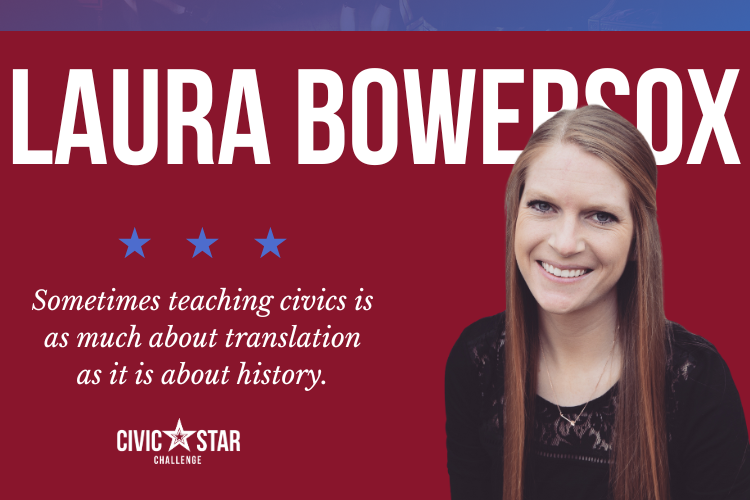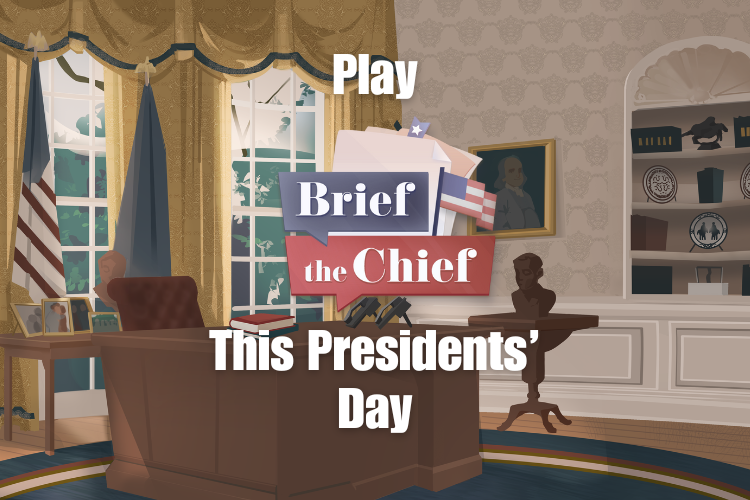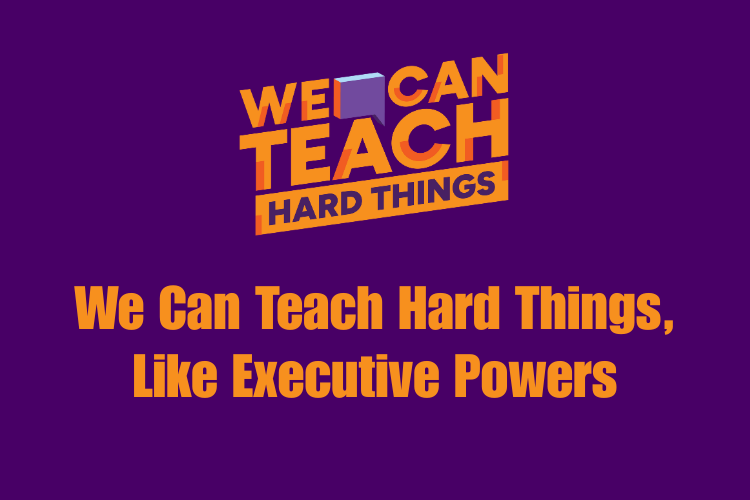iCivics, the country’s largest provider of civic education curriculum today announced that it has added 98 new members to its Educator Network. The iCivics Educator Network is made up of more than 320 civics, history, government, and social studies teachers from almost every state in the nation who serve as champions and ambassadors for high-quality, equitable civic education.
The Educator Network enables teachers to share best practices in civics and social studies, playing a key role in helping to empower students to engage as citizens in this country’s constitutional democracy, now and in the future. It provides opportunities for teachers to network with their peers, take part in focus groups, beta test new games and products, engage in special professional development opportunities, and build their voices as advocates for high-quality history and civic education.
“The iCivics Educator Network is more than a professional development and affinity group. An integral part of iCivics’ work, it’s a community that has developed over the past 11 years through which our best social studies and civics teachers are building a movement to reinstate the civic mission of schools in every corner of this country,” said Natacha Scott, iCivics Director of Educator Engagement. “Together these educators have worked through some of the most challenging times teachers have ever faced.”
Since it was founded in 2011, many iCivics Educator Network members have become some of the most prominent voices from the field advocating for civic education through the opportunities that the network provides. They are permanent fixtures as speakers at prestigious education conferences, routinely appear in both national and local media, and are recognized as excelling in the classroom.
The iCivics Educator Network includes educators with a variety of talents, interests, and teaching histories representing a diversity of grade levels K–12, geographic areas, and personal demographics. And the teachers who join the network stay a part of the network, as more than 226 members of this year’s cohort are returning, bringing our total to more than 320 educators.
“Being a member of the Educator Network gives me added insight into best practices and helps me to troubleshoot as my students are engaging with the resources,” said Jennifer Connolly, principal and EdNet member since 2018. “It also introduced me to so many amazing teachers and gave us time to meet and talk about what we are doing, and why we do it. They inspire me to try new things!”
Learn about the iCivics Educator Network, and find out how you can apply to be a part of the next cohort, on our website.




